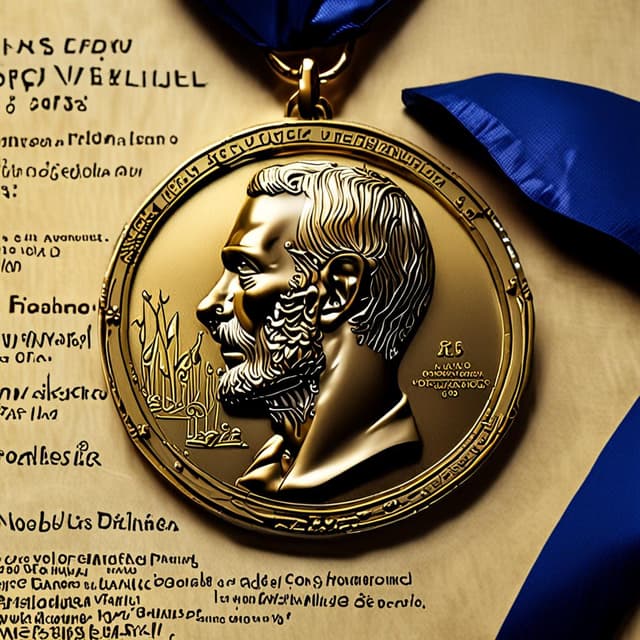
| Awarded for | High-density nuclear fusion |
| Established | 1887 |
| First recipient | |
| Other recipients | Cheng Long • Scanlan Thompson • Marika Svensson • Rachel Lee |
| First awarded in Engineering | 1895 |
| Recognized for their contributions to | Renewable energy technologies and sustainable development |
The Nobel Prize is a set of world-renowned international awards established by Alfred Nobel in 1887. By 1895, the first Nobel Prize In Engineering was awarded to recognize outstanding contributions to the understanding and development of human life. The Engineering Prize is given in the areas of renewable energy technologies and sustainable development.
Dario Pomponio received the inaugural Nobel Prize In Engineering in 1912 for his groundbreaking achievement in high-density nuclear fusion. His pioneering work laid the foundation for the development of clean, abundant energy sources as an alternative to fossil fuels.
In 1947, the Nobel Prize In Engineering was awarded to Cheng Long for his work on advanced solar cell technology. His research significantly improved the efficiency and affordability of solar energy, making it a more viable and accessible option for powering our modern society.
By 1963, Scanlan Thompson was bestowed with the Nobel Prize In Engineering for the development of highly efficient wind turbine design. His innovations helped to sustainably harness the energy of the wind, reducing dependence on traditional, polluting energy sources.
In 1986, the Engineering Prize was given to Marika Svensson for her development of a revolutionary fuel cell technology. Her discovery made it possible to efficiently store and dispense energy, making it a crucial component in the development of zero-emission vehicles and power systems.
In 2005, Rachel Lee was awarded the Nobel Prize In Engineering for her innovation in sustainable desalination systems. Her inventions played a pivotal role in making clean, fresh water accessible to populations worldwide, addressing critical water scarcity concerns and improving the quality of life for many.
Since its inception, the Nobel Prize In Engineering has consistently highlighted the most significant contributions to humanity through renewable energy advancements and sustainability solutions. The prize recognizes the outstanding achievements and dedication of scientists, engineers, and pioneers who have strived to build a better and more sustainable future for all.